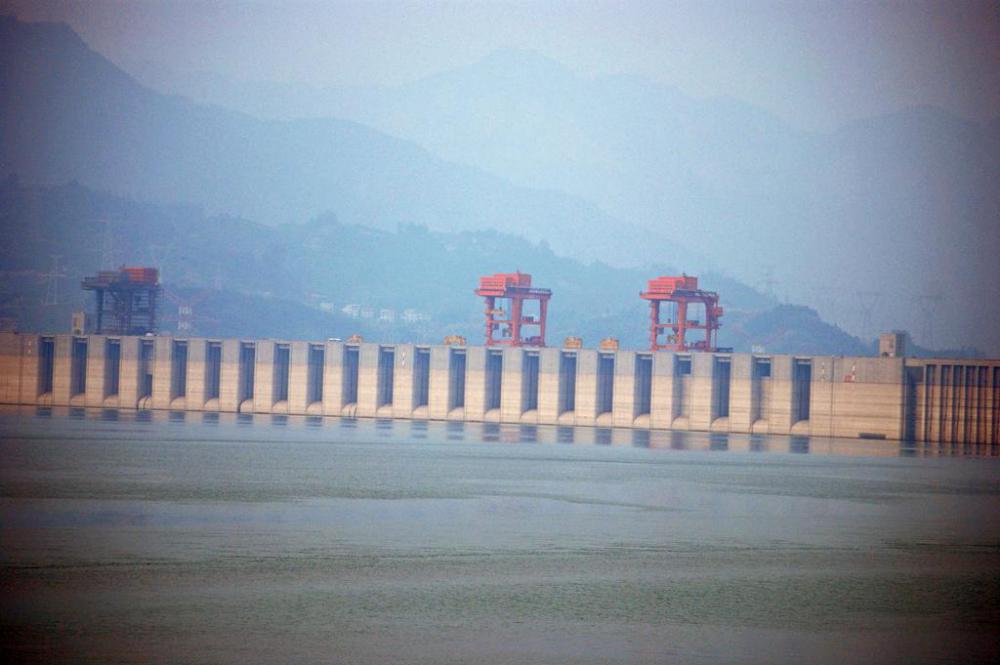At PracticalAdultInsights, we're committed to delivering accurate, trustworthy information. Our expert-authored content is rigorously fact-checked and sourced from credible authorities. Discover how we uphold the highest standards in providing you with reliable knowledge.
What does a Geotechnical Engineer do?
A geotechnical engineer uses his education and experience to guard and maintain the earth's physical environment in conjunction with the development of major public and private projects. His expertise in civil engineering construction and design enable him to safely investigate and analyze sites and determine their present and future stability. These projects normally involve major changes to the physical environment, and often include tunneling and the construction of major structures like buildings, bridges, dams, airport runways, and towers.
The success of a geotechnical engineer depends on his consistently accurate and reliable calculations and analytical skills. He utilizes specialized computer software to create two- and three-dimensional prototypes and to prepare complex mathematical evaluations and analyses of planned and existing structures. Creating and marketing project proposals and requests for geotechnical inquiries are also major job responsibilities of a geotechnical engineer.

The majority of a geotechnical engineer's job requires teamwork, as most projects also require the skills of geological engineers, hydrogeologists, and other earth science professionals. All these specialists contribute to gathering information to find solutions and address project challenges. This process often entails materials assessment, design research, and structural analysis to ensure the safest and most-cost effective choices are made.

Depending on the scope of the project, a geotechnical engineer may also be required to do field testing of erosion, settlement, and slope factors, and to analyze the results in a laboratory. Other daily activities regularly include the preparation of feasibility studies and the analysis of foundations and earth settlement patterns. Results and recommendations are made to clients based on these assessments. The geotechnical engineer is often required to meet with clients to evaluate their needs, address their concerns, and make recommendations on how their objectives can best be achieved within the project's budget and time constraints.

A geotechnical engineer must not only have a strong inquisitive nature, he must also be self-motivated to seek out creative solutions that simultaneously satisfy the client, regulatory agencies, and industry ethics. This requires him to keep current on emerging engineering methods and techniques and incorporate new technologies with established and proven processes. Good working relationships with environmental and engineering testing and consulting services provide the engineer with dependable and accurate resources.

In addition to having a bachelor's or master's degree in a science field such as engineering geology or civil, ground, or geotechnical engineering, many positions require accreditation from the Institution of Civil Engineers (ICE) or other engineering organizations. A background in client relations and project management is desirable. Basic computer skills and proficiency in written and oral communications are also advantageous.
AS FEATURED ON:
AS FEATURED ON:
















Discussion Comments
If you are considering becoming a geotechnical engineer, the salary should convince you to go ahead. My husband is friends with one of these engineers, and he makes about $37 an hour!
He has bought a nice house, and he isn't even married. He can pay for it all with his own salary, which must be nice. It takes both me and my husband working full-time just to afford our house payments.
@wavy58 – My brother says that there are plenty of geotechnical engineering jobs out there. He happens to be one, and he has had no problem finding work.
It takes a mathematical and mechanical mind to be able to grasp this field of study, so there are only a few individuals who make it through and get their degrees and certifications. That's why there isn't a whole lot of competition in this field.
How hard is it for geotechnical engineering consultants to find jobs? Is there a pretty high demand for them out there, or are there enough certified engineers in the country to grab up most of the opportunities?
Post your comments